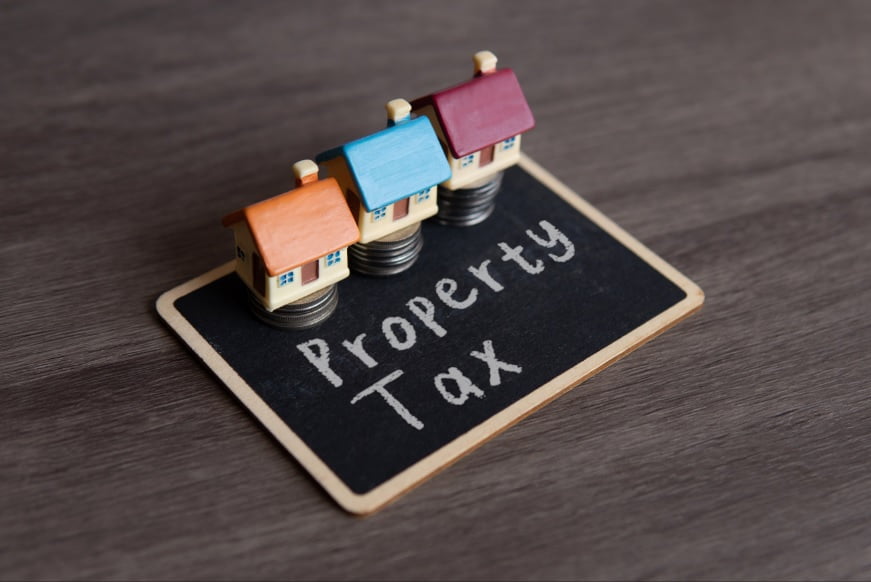
Understanding Property Taxes in Trinidad and Tobago: Your Complete Guide
Property taxes are a critical aspect of homeownership in Trinidad and Tobago, yet they are often misunderstood or overlooked. Understanding your property tax obligations can save you time, money, and potential legal troubles. In this comprehensive guide, we will delve into everything you need to know about property taxes in Trinidad and Tobago, including the assessment process, how taxes are calculated, payment deadlines, and common questions that homeowners frequently ask. Our goal is to provide you with a clearer, more detailed understanding than existing resources, ensuring you are well-prepared and informed.
What Are Property Taxes and Why Are They Important?
Property taxes are annual charges levied by the government on real estate properties. In Trinidad and Tobago, these taxes fund public services such as road maintenance, public schools, and emergency services. As a property owner, understanding your tax obligations is crucial for financial planning and compliance with local laws.
How Are Property Taxes in Trinidad and Tobago Calculated?

The amount of property tax you owe is based on the Annual Rental Value (ARV) of your property. The ARV is an estimate of the annual rent your property could earn on the open market. Once the ARV is determined, it is multiplied by the applicable tax rate to calculate the total property tax owed.
Key Factors Influencing ARV:
- Property Location: Properties in high-demand areas generally have a higher ARV.
- Property Size and Type: Larger and commercial properties typically have a higher ARV.
- Property Condition: Well-maintained properties may attract a higher ARV.
Example Calculation using Maravillas: The property’s ARV is TT$144,000 and the tax rate for residential properties is 2%, your annual property tax would be TT$1,800.
The calculation is as follows:
ARV = $144,000.00
10% deduction = $14,400.00
Property Tax Payable = $129,600.00 x 2% = $2,592.00 Annually ($216.00 Monthly).
The Property Tax Assessment Process
The property tax assessment process in Trinidad and Tobago involves several key steps:
- Notice of Assessment:
- The Inland Revenue Division (IRD) issues a Notice of Assessment detailing the ARV and the corresponding tax amount due. This notice is sent to property owners annually.
- Review and Objections:
- If you believe the assessment is incorrect, you have the right to file an objection. This must be done within 30 days of receiving the Notice of Assessment. Your objection should clearly state the reasons why you believe the ARV is inaccurate.
- Final Determination:
- The IRD reviews the objection and may either adjust the ARV or uphold the original assessment. If you disagree with the final determination, you can appeal to the Tax Appeal Board.
Deadlines and Penalties for Property Taxes in Trinidad and Tobago

It is essential to pay your property taxes on time to avoid penalties. Here are the key deadlines:
- Annual Payment Deadline: Property taxes are due by September 30th each year.
- Late Payment Penalties: A penalty of 15% per annum is applied to overdue taxes, and interest may accrue on the outstanding balance.
Exemptions and Reliefs
Certain properties or owners may qualify for exemptions or reliefs from property taxes. Common exemptions include:
- Senior Citizens: Property owners over a certain age may qualify for reduced rates or full exemptions.
- Agricultural Land: Properties used exclusively for agricultural purposes often qualify for reduced tax rates.
- Charitable Organizations: Properties owned by registered charities may be fully exempt from property taxes.
Frequently Asked Questions (FAQs)
1. What Should I Do If I Never Received a Notice of Assessment?
- If you did not receive a Notice of Assessment, you should contact the IRD immediately. Not receiving the notice does not exempt you from paying your taxes on time.
2. Can I Pay My Property Taxes in Installments?
- Yes, the IRD allows for installment payments under certain conditions. It’s best to inquire directly with the IRD for eligibility criteria and payment plans.
3. How Is the ARV Determined for New Properties?
- For newly constructed properties, the ARV is determined based on the rental value of similar properties in the area. It may be adjusted once the property is fully assessed.
4. What Happens If I Sell My Property Mid-Year?
Property taxes are typically prorated during a sale. The seller and buyer may agree on how the taxes for that year will be divided based on the closing date.
Conclusion
Understanding property taxes in Trinidad and Tobago is essential for all property owners. From knowing how taxes are calculated to understanding your rights in the assessment process, being informed can save you time, money, and stress. Make sure to mark your calendar for tax deadlines, explore available exemptions, and consult with professionals if you have any questions or concerns. Staying proactive about your property taxes will ensure that you remain in good standing with the IRD and avoid unnecessary penalties. Please note more information can be obtained from the Inland Revenue’s Division website.

